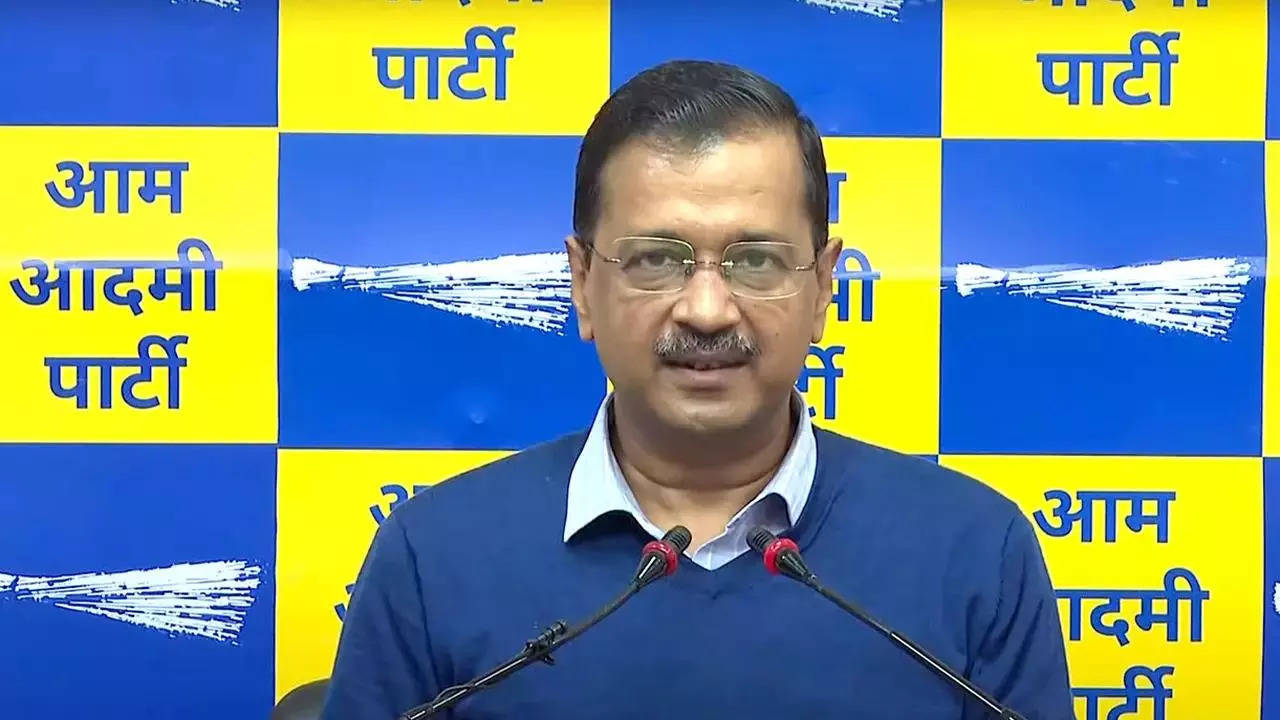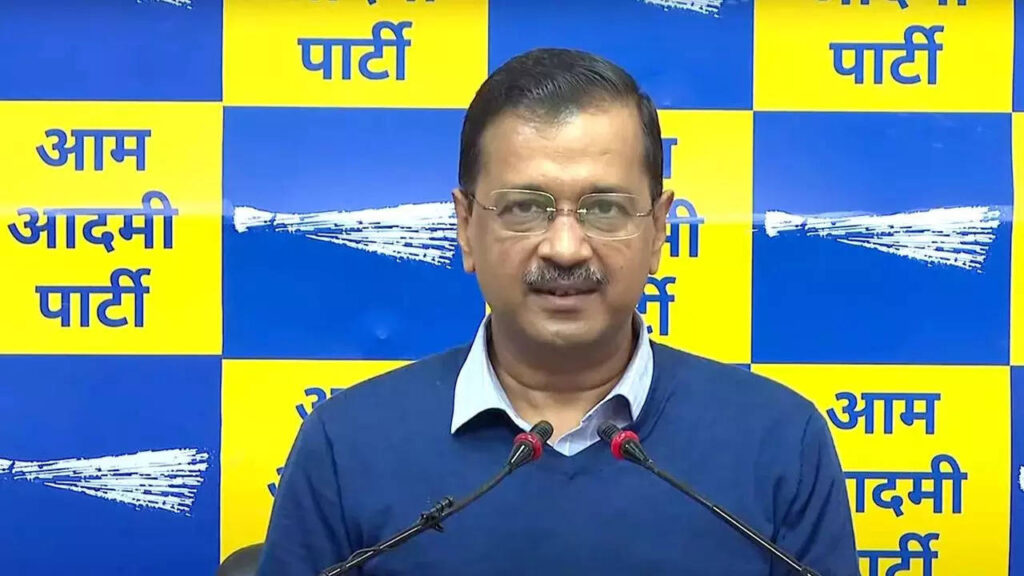

When newcomer Arvind Kejriwal defeated three—time chief minister Sheila Dikshit in her constituency of New Delhi in 2013 assembly polls, jubilant supporters took to streets, hailing the moment when a common man got an opportunity to master electoral politics. Kejriwal’s Aam Aadmi Party soon became the premier force in Delhi politics. In less than a decade, it extended its sway to one more state by winning the Punjab assembly elections in 2022, becoming the only regional party to be in power in two states. Growing footprint and ambitions in states like Goa, Assam, Haryana and Gujarat further catapulted the AAP into the non-BJP, non-congress political space and raised the profile of its charismatic leader.
However, the arrest of Kejriwal by the CBI in March this year could not have come at a worse time for the party. After recording a below average performance in the Lok Sabha elections, the AAP was banking on release of their leader from jail in the money laundering case of the Enforcement Directorate to go back to drawing board. Despite dominating the Delhi assembly for a decade, the party failed to open its account in the capital, losing all Parliament seats to the BJP, third time a row. The massive loss has dented the credibility of the AAP as a national player and of Kejriwal as a national leader.
The Punjab story, too, did not go as expected as the AAP could win only three seats against Congress’s seven. While the party’s vote share increased to 26 per cent, it had 42 per cent vote share, and 92 seats in the 2022 assembly polls, which allowed it to form government. The AAP’s candidates in Assam, Haryana and Gujarat failed to open the account.
“With Kejriwal in jail and the AAP’s ordinary performance in the Lok Sabha elections, these are very difficult times for the party and it may adversely impact its expansion plans”, said Sajjan Kumar, professor and co-director of Lokniti at the Centre for the study of Developing societies.
“The situation has posed a tough political challenge for the AAP, which faces Assembly elections in Delhi next”.
Kejriwal has been on a legal roller coaster since June 21 when a Delhi court granted bail in ED case, only to put on hold by the Delhi High Court a day later. Just he was looking to secure bail from Supreme court, the CBI arrested him in the same case on June 26.. It has opened a new battlefront for the AAP as Kejriwal faces corruption charges under the Prevention of Corruption Act. In 2022, when the CBI first registered a case under the Act in the liquor policy scam, it did name Kejriwal as an accused. But the net has been widened with the CBI probing charges of corruption and bribe taking by public servants, while the ED is separately investigating the alleged money trail in the case.
The CBI is examining the role of Delhi group of ministers (GOM) consisting of senior AAP leaders including former deputy chief Manish Sisodia, in tweaking the policy to allegedly benefit the “South liquor lobby”, referring to a group of influential persons from south India. The role of chief minister’s office is also under cloud as CBI sleuths are examining evidence against Kejriwal’s close aide Vijay Nair who was allegedly given responsibility to coordinate the meeting with ‘south group’. The CBI said the report prepared by aides became policy in which profit margins were increased from six percent to 12 percent.
AAP is a one leader based party. The senior leaders who helped in the formation of AAP twelve years back, mostly differed with Kejriwal and left the party. With Kejriwal in prison, the work for the assembly polls in 2025 is being adversely affected. Already AAP has earned a bad name by losing all seats in Lok Sabha polls in Delhi. It is imperative for the party to win the 2025 Delhi assembly elections just like 2013, 2015 and 2020 assembly elections. Much depends on the release of the Delhi chief minister from the prison. For AAP, there is no alternative leadership as of now excepting the imprisoned party supremo. (IPA Service)




